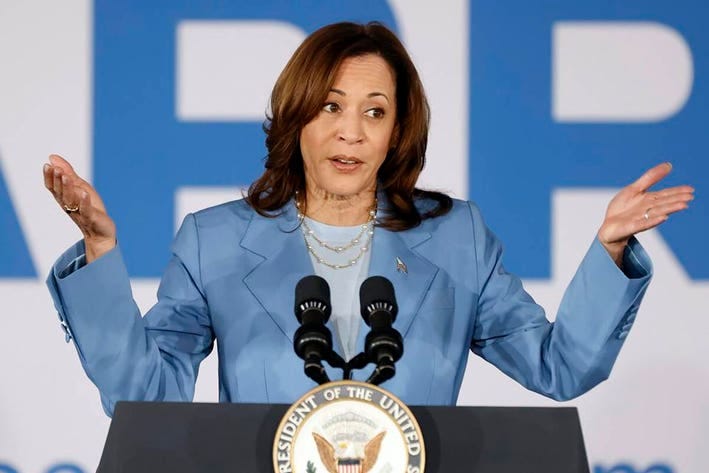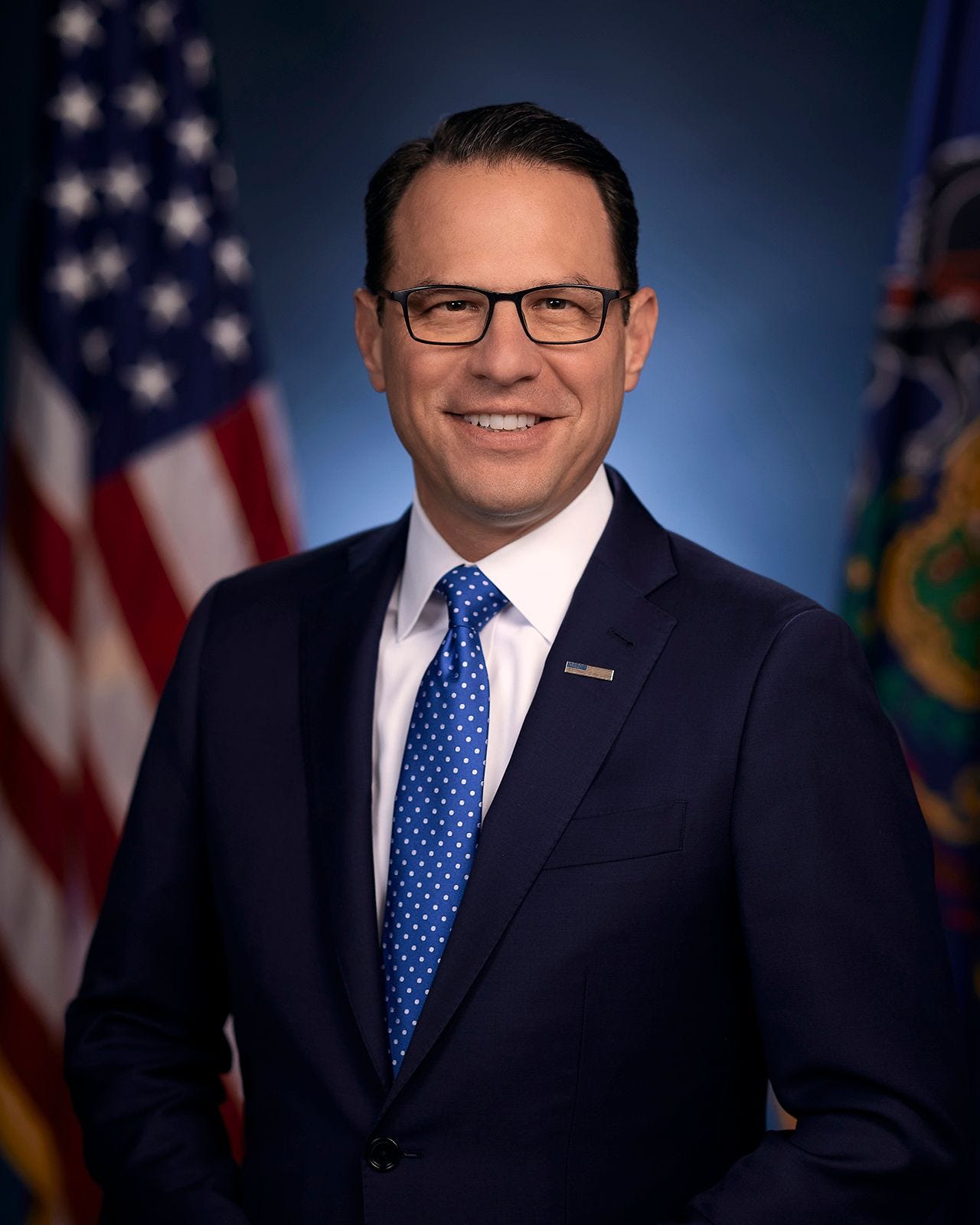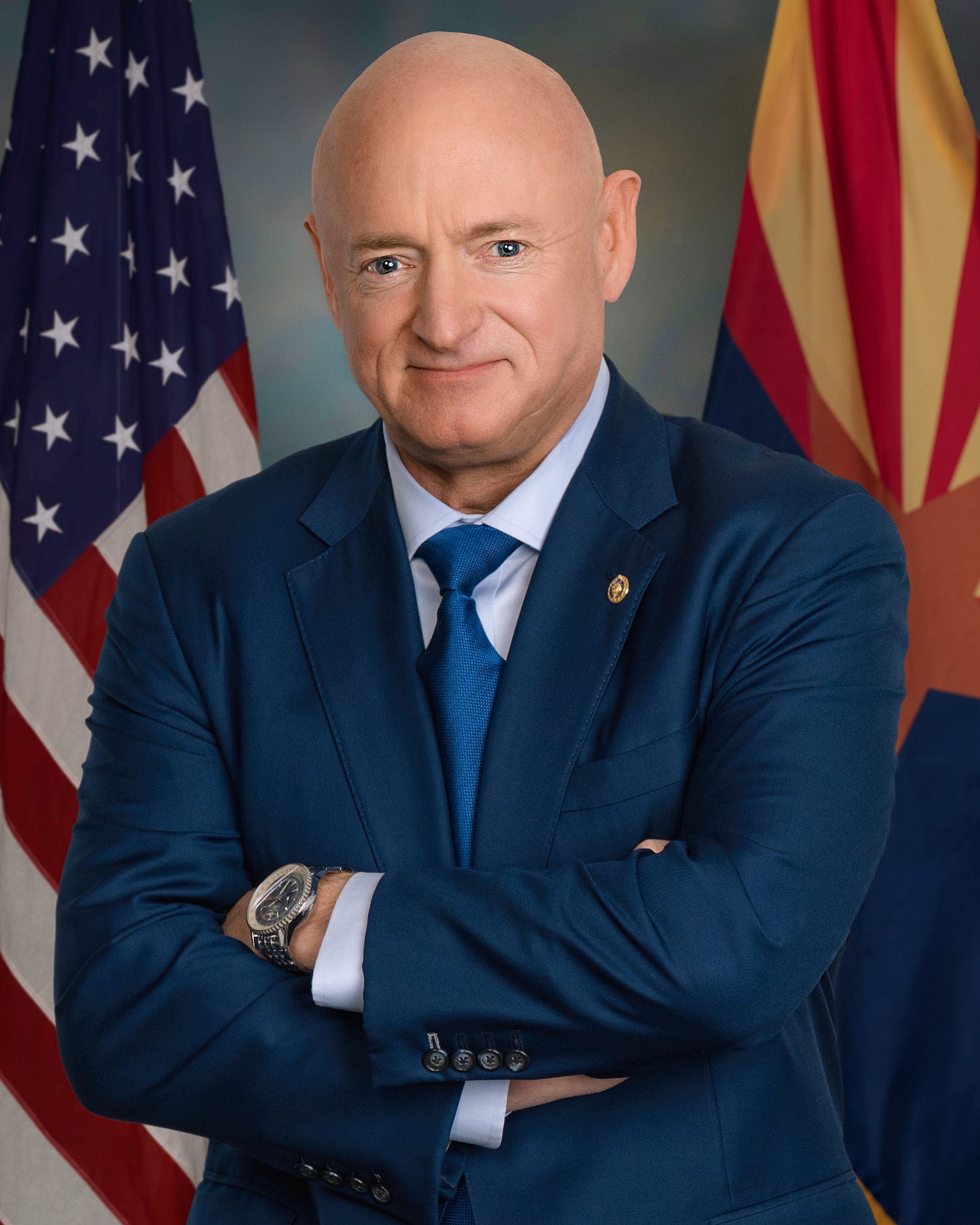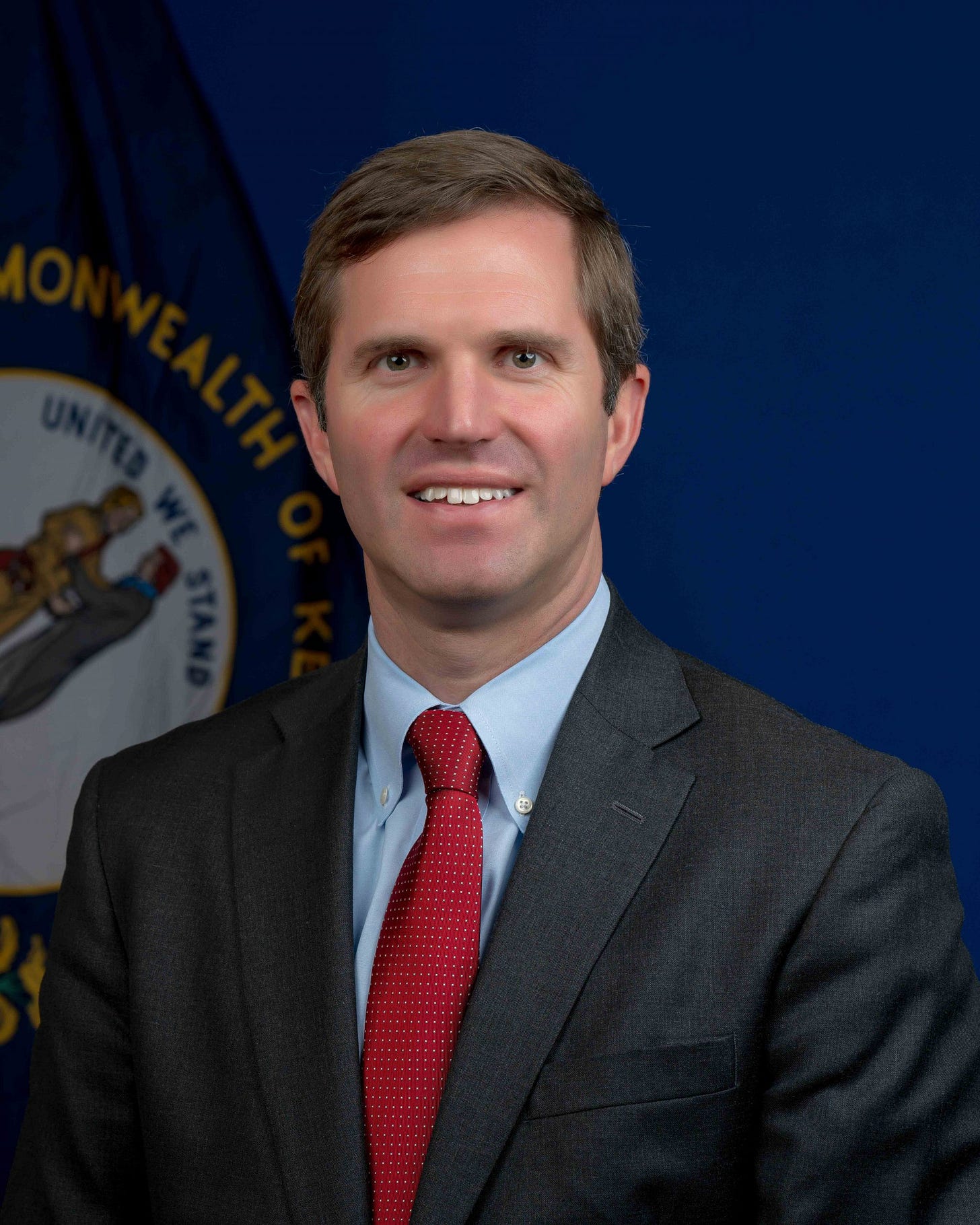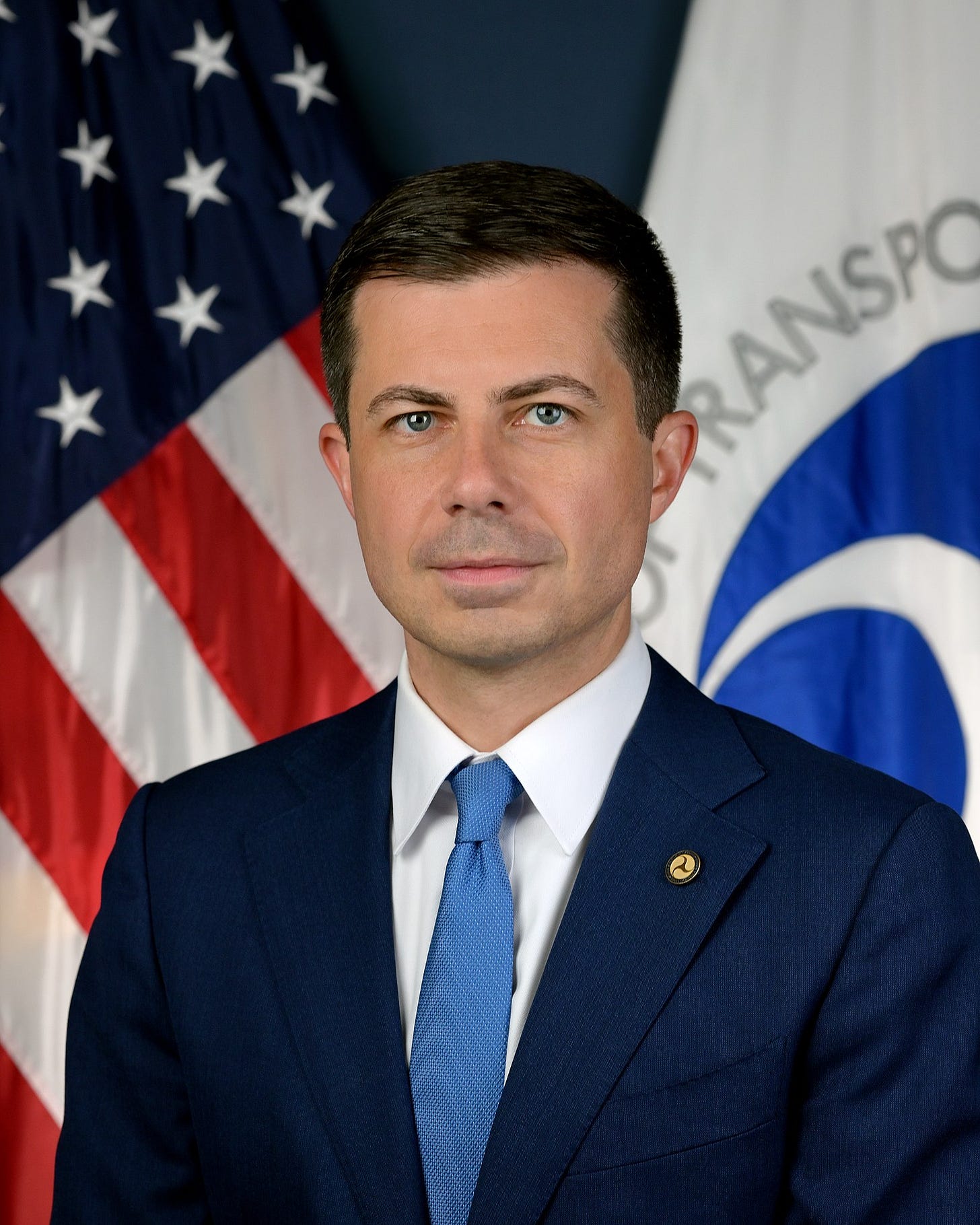Deep dive: Kamala's running mate
Decision time: who will be the chosen one? Can a VP pick really strengthen Kamala's chances?
The King is dead… Long live the King! In the wake of the Democratic Party crisis and drama, this phrase is more than fitting. Biden was pushed on the wider public as fit and healthy as long as it was possible. Once the truth hit us in the face and we saw that the emperor has no clothes, less than a month passed and now we have a new presumptive nominee and the party is once again united.
This unity test helped Kamala’s campaign gain significant momentum. The Democratic drama overshadowed the debate itself, Trump assassination attempt and RNC, robbing Trump of his honeymoon phase. But to sustain this momentum, she needs to not only perform in public, but also choose a good running mate and have an amazing DNC performance.
Today we will focus on the VP pick. Who should the Democratic Party choose? Who will be the best pick? Who will be chosen? Can I predict this with high conviction? We will see. In today’s piece I will deep dive into possible choices, starting with my high-level baseline scenario followed by possible picks profiles. Then I will do some puzzle fitting to see who is the best pick.
This week’s post is: early as we probably have little time before the choice is made public and free to show you how I approach my analysis of the events. So without further ado let’s dive into this.
Baseline
First question here is: how are running mates even picked? Second one is: is it important? Answer to second question is kind of. To first the answer is even more difficult. In executive branch, the role of the VP is important, but rather loosely defined. They take over in case of POTUS inability to perform duty, they resolve tied Senate and are statutory members of Cabinet and National Security Council. In practice they are also closest advisors to the POTUS, governing partners and representatives of the President.
So kind of important, but really dependent on the specific administration. For the first question, there are a few things to touch upon. Firstly, there was (is) a sort of conviction that running mates give a home-state advantage ie. if they are from state X, the ticket has more chance to win in that state X. But it turns out it is not true. There are a few papers on this and the running mate effect on home-state is essentially zero. Additionally there is also a paper that suggests that overall a running mate pick that may be liked by opposing party voters has also very marginal effect on final results - calculated net positive effect in such cases was 0.5% (not percentage points).
If I know this, then for sure party strategists know this as well. So in my baseline scenario the state of the potential candidate will not play any role (similar for GOP appeal). But the picks are not made blind. So in my baseline I will focus on two things: race & gender (not many statistics on this, but considering our polarized, race and gender focused society, it seems like an important factor) and policy.
Starting with race & gender (as this is the easy one), baseline for Kamala’s running mate is white male. And the reason is very simple - there has never been a female POTUS, let alone a double female ticket and the approach in general for pushing women for high ranking positions is to do it step by step. Radical changes are usually not well received by general public. And white, because with black POTUS candidate (quota reached), there is simply a better pool of white candidates than black or any other race.
Now to the more difficult part. How can policy determine running mate pick? For this we have to go to theory of political science. And there we have a nice model that is actually backed by reality. In a 2 party state, we can consider that 2 parties will have some differences ie. one is left leaning and the other is right leaning. In principle, each party secures all politically active citizens (ie. voters) from their respective extreme end (ie. extreme left / extreme right) up until its right / left leaning respective positions.
It may sound difficult, but in essence it means that each party has its base (for left it is all left leaning voters and respectively for right it is all right leaning voters) and fights for 2 distinct groups:
people with opinions in the center of the spectrum - between party left and party right respective platforms,
inactive voters.
This in practice means that each party will adjust its platform to move closer to the center and try to activate voters. In reality we can see it very clearly - a fair representation of the Democratic Party and the Republican party will find little differences between them. In fact the only difference now is on two social issues: abortion and LGBT. The same happens in a micro view, with elections were besides party line, candidate’s policies matter as well.
With voter activation it is a different ball game - we can agree that no running mate pick is going to activate potential voters. Both parties have their own voter activation strategies and they lie outside candidate selection process. So in my baseline I have a running mate that balances presidential candidate’s policies in order to appeal to wider voter base. In Kamala’s case the answer here is obvious - Kamala has a very left leaning record in Senate and by some she is considered an extremist. This is definitely not a good look for her (see Bernie Sanders and what happened to him) so we can safely say that her running mate needs to be very moderate to silence some of the more extreme policy propositions from her side.
This is quite a bit of info for a baseline so let’s sum up the findings:
Kamala’s running mate will be a white male,
Kamala’s’ running mate will have a track record of introducing balanced, close to center of the spectrum legislations / policies.
Additionally there is a universal appeal factor - running mate (as most politicians) needs to be likable. Especially for such public post as VP, we can take in an appeal factor, but considering it’s highly subjective, I will only use it as a last resort.
Potential candidates profile
By design, campaigns leak potential candidates for running mate to build interest and maintain campaign momentum. That makes my job easier - I have a shortlist of politicians I need to research. We spent a lot of time on explaining baseline so let’s jump right into it - candidates will have a photo, short description of their record and a grade on policy and appeal. Shortlist has five candidates (based on current Polymarket odds):
Josh Shapiro
Mark Kelly
Andy Beshear
Tim Walz
Pete Buttigieg
Josh Shapiro
I must say this - for me he looks like a nerdy douchebag. Anyway, let’s see his short track record. He is currently the governor of Pennsylvania. Previously he was a Pennsylvania AG and prior to that he was a Chair of Montgomery County Board of Commissioners and Member of the Pennsylvania House of Representatives. In terms of raw political career this is a good enough record for a running mate.
To not make it an hour long piece, I won’t bore you with my lengthy research and will summarize my findings in a few bullet points:
has an opinion of a consensus politician, being good at working across the aisle (interesting)
as an AG he was for increasing the police force and was soft on marijuana possession (interesting)
he is against gun violence (read: pro assault weapon ban)
he is pro abortion (expected)
he was soft on pandemic and against compulsory vaccinations and mask mandates (interesting)
he is pro-unions and pro increase in minimum wage (expected)
he is moderate on climate change (interesting)
He is pro LGBT rights but it is not his main platform and he seems moderate (expected)
he wanted to decrease corporate taxes in Pennsylvania (interesting)
Also important - he is a Jew. It is important, because Kamal is not very fond of Israel and its current wars and having a Jew on the ticket can help in more moderate stance on Israel.
Mark Kelly
Here we have a really interesting candidate for a very simple reason - Mark Kelly is a former astronaut. This is not as inspiring as it was 50 years ago, but there is no denying that from appeal perspective this is an advantage. He is currently a Senator from Arizona, but this is all of his political career. He is a Captain in US Navy having fought in the Gulf War and of course was on several mission to the ISS. Little political capital, but certainly a storied career.
Same as before, a few bullet points on his policy:
he initially run a moderate focusing on bipartisanship and he criticized Biden’s approach to border (interesting)
but… he votes in line with Biden policy 94.5% of the time (kind of expected)
he is pro abortion and codifying Roe v Wade into law (expected)
he is moderate in climate change policies and is in favor of increased oil drilling (interesting)
he advocates gun control due to his wife being a target of assassination attempt (interesting, due to personal history)
he opposes Medicare for All (interesting) while being in favor of public insurance options
due to his military history he is (contrary to Kamala) a good fit to discuss foreign policy and wars
In terms of pure policy he is an ok match for Kamala, but he has a rather limited political experience.
Andy Beshear
Interesting choice of a tie for him, but anyway… nothing especially concerning / advantageous about his face value appeal. His political record though is IMO not very good. Has has trouble cooperating with the GOP state legislature. He was tough on COVID. He utilized lawfare on his opponent in Gubernatorial elections. First time I wrote this, but I just don’t see him as a good running mate. Anyway, before being the governor of Kentucky, he was an AG.
Tu sum up his policies:
he is pro abortion (expected)
he is for gun control although against a complete ban (kind of interesting)
he is pro LGBT (expected)
he is soft on crime (bad)
he is pro marijuana decriminalization (expected)
he is pro climate change policies (expected)
he is pro gambling (not important, although I respect)
he is pro immigration (not good)
he is not good at working across the aisle (not good)
I can safely say that he is not going to win the nomination. First time I wrote bad in brackets and for a reason - his main platform does not moderate Kamala’s. He is not good in bipartisan work. So both, he won’t moderate Kamala and he won’t help her in pushing agenda. Easy No here.
Tim Walz
He looks a bit like a Republican, but anyway - current governor of Minnesota, previous member of House of Representatives. He is described as moderate in general (leaning liberal) and has a good track record of bipartisan work. But for me there is a strong argument against him - he was governor during George Floyd protests. With crime being a major issue of the elections, I see it as a strong liability, too strong to consider him. After all BLM riots started a crime wave in US (based on numerous statistics).
Pete Buttigieg
I think this is the one candidate I don’t have to introduce to anyone. He became quite popular seeking nomination in 2020 and now he is the Secretary of Transportation. Previously he worked at McKinsey (ugh management consultants are probably the most useless job in the world) and was a Mayor of South Bend. Additionally he served in the military and fought in Afghanistan.
Policy-wise we won’t have much considering a short political career, but we can take a look at his 2020 platform:
he is pro abortion (expected)
he is pro LGBT rights (very expected, after all he is gay)
he is pro marijuana (expected)
he is pro abolishing the electoral college (quite extreme)
he is pro climate change policies (expected)
he is pro Medicare for All (expected)
he is soft on immigration (bad)
All in all he is not bad. But he is young, and his political tenure is short. Also we can’t call him a moderate. I would be very surprised if he were chosen.
Summary
Based on this shortlist of five candidates, I see only two that are a good match: Josh Shapiro and Mark Kelly. But I can easily say that Josh is the one with superior experience plus his policy is IMO more moderate than Kelly. Being an astronaut is cool and all, but from pure political perspective, where policy and experience matters (as we agreed that home-state advantage or appeal to Republican voters are meaningless) I see Josh Shapiro as the best fit. Bipartisan work along with experience in it tipped the scales in final favor of him.
I once tweeted about Kamala x Pete ticket, but this is exactly the same as Trump x Vivek ticket - probably would be fun, but impossible from pure political perspective.
We have Shapiro currently at 64% chance, in line with my thinking (and I hold a Yes position on him). A final thought - in case of stuff like running mate pick, where there is no obvious path to take, the baseline is crucial.
That’s all for today, next on is weekly outlook on Monday, unless the Middle East situation escalates.
This is not official investment or life advice. Do your own research. This are only my opinions and I encourage anyone to do their own research before putting any money anywhere.





